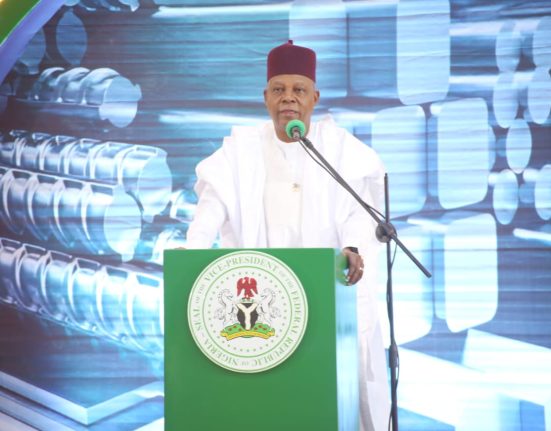KADUNA – In a bid to equip young Nigerians with entrepreneurial skills, Reality Investment & Consultancy Services Ltd has introduced a pioneering entrepreneurship initiative in select secondary schools across Kaduna and Katsina states.
Speaking at the launch in Kaduna, Abubakar Wambai, a Director at Reality Services, emphasized the urgent need to bridge the entrepreneurship knowledge gap among young people.
“A 2015 research revealed a significant gap in entrepreneurship education among secondary school students, tertiary institution students, and graduates,” Wambai said. “In today’s rapidly evolving economy, young Nigerians can no longer depend solely on government or white-collar jobs. It is crucial to equip them with entrepreneurial skills that will drive self-reliance and economic growth.”
The initiative, designed to foster innovation and financial literacy, consists of four key components:
Entrepreneurship Clubs – to expose students to fundamental entrepreneurship principles.
Leadership Training – to nurture leadership skills among young learners.
Financial Management Education – to teach students effective money management skills.
Business Education – to provide a comprehensive understanding of business operations and strategies.
Reality Services believes that by instilling these skills early, young Nigerians will be better prepared to contribute to the nation’s economic development.
The initiative aligns with global trends, where entrepreneurship education at the secondary school level has proven to enhance job creation and economic diversification. Countries like Finland and Singapore have integrated similar programs into their education systems, yielding positive outcomes in youth employment and innovation.
With Nigeria’s youth unemployment rate standing at 53.4% as of 2023 (according to the National Bureau of Statistics), experts argue that fostering entrepreneurship from an early stage is crucial in addressing economic challenges.
Reality Services aims to expand the program across more states, ensuring that more young Nigerians acquire the skills needed to thrive in an increasingly competitive economic landscape.







